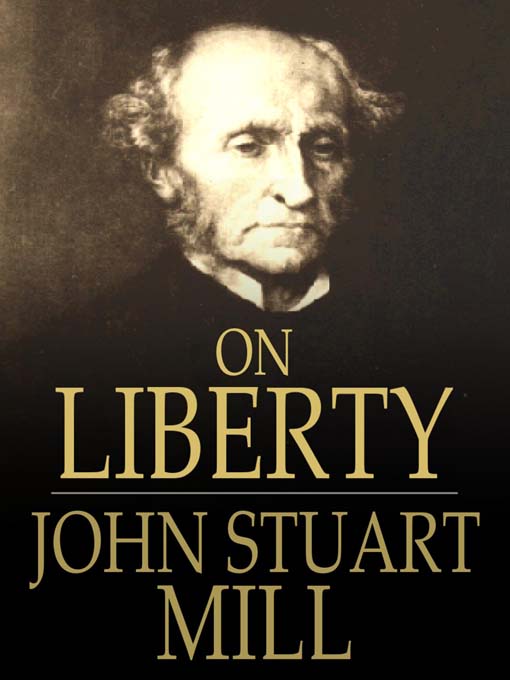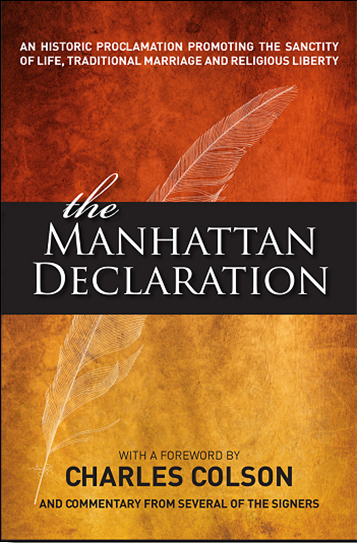Should the law be used to silence a point of view? Should the law require a private business to serve viewpoints with which they disagree? Recent news stories have introduced the world to a 71 year old lady who is being sued for choosing not to serve as the florist at a gay wedding. In this chapter the focus is not on the issue of gay weddings, but rather on the use of the law to either force someone to do or not to do something against their conscience.
The story takes place in Richland, Washington, and involves a gay couple who had been buying their flowers for many years from Arlene’s Flowers, a floral shop owned by Barronelle Stutzman, the 71 year old lady mentioned above. When the couple sought out Stutzman’s help with their gay wedding flowers, however, she refused to serve as the florist on the basis of her religious beliefs. ACLU served the couple as lawyers in bringing a law suit against Stutzman. The State of Washington then also sued the business. The two legal cases, Ingersoll v. Arlene’s Flowers and State of Washington v. Arlene’s Flowers were consolidated by Benton County Superior Court Judge Salvador Mendoza into a single case for purposes of discovery. Eventually Arlene’s Flowers was found guilty of violating the state’s anti-discrimination law in both cases and Stutzman had to pay a fine. A GoFundMe donation site had already collected more than was needed for the fine and legal fees.
Recently, Stutzman was asked 21 questions about her experience. The trend toward censure through law is growing, and affects everyone, not just those involved with weddings.








